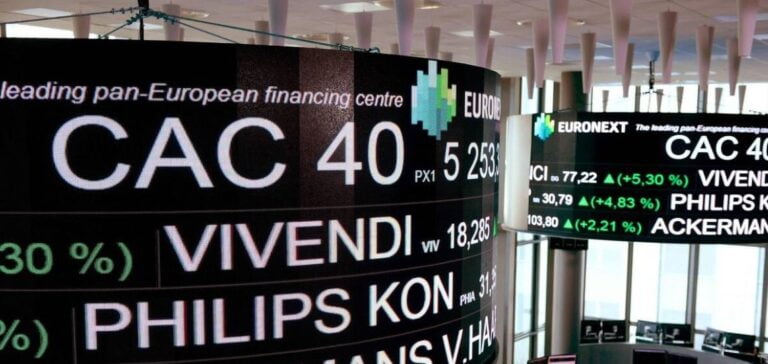In an article published in Le Figaro on Tuesday, the heads of France’s leading companies reaffirmed their commitment to the ecological transition. They call for strong national and European political will to support this approach. They fear that current economic challenges could jeopardize progress in reducing greenhouse gas emissions. A strong commitment made against the backdrop of the European elections on June 9.
The importance of a clear political will
Christel Heydemann (Orange), Catherine MacGregor (Engie), Benoît Bazin (Saint-Gobain) and Thomas Buberl (AXA), emphasize that their companies are making substantial efforts to align their business models with the imperatives of the ecological transition. However, they deplore the interruptions and adjustments to public policies that are hampering these efforts. The electric vehicle leasing plan was interrupted due to poor anticipation of demand. The MaPrimeRénov’ scheme for home energy renovation was also recalibrated, affecting its scope. They insist on the need for coherent planning, calling for consistency, anticipation and a vision of the future. The leaders of the CAC40 therefore want..:
This “decisive decade must not be a lost decade; we must not deviate from the course we have collectively set for ourselves.”
The role of the European elections
The authors stress that this decade is crucial for meeting the climate commitments of the 2015 Paris Agreement. They therefore see the forthcoming European elections as an opportunity to reaffirm massive support for the ecological transition. They advocate a balance between social progress and environmental impact, asserting that transition must be an absolute priority for public policy.
A European “spearhead
They call for Europe to “spearhead decarbonization”. European ambitions having withstood the energy crisis triggered by Russia’s invasion of Ukraine. If Europe is to maintain its role as world leader, clear political action is needed. Transition is presented as a response to current economic and societal challenges, requiring visionary policies.
Business leaders call for strong political will to preserve Europe’s ecological transition. They see transition as a vital necessity for overcoming economic and social challenges. The European elections are presented as a decisive moment to renew this support and keep the transition on course.






















